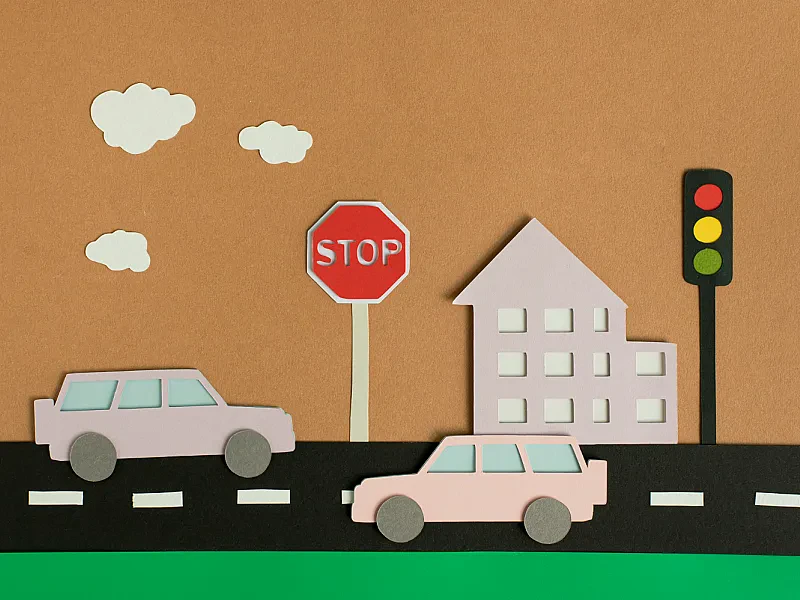
Traffic laws in Qatar: A Guide for Expatriates
As an expatriate living and working in Qatar, it is important to be aware of the country's traffic laws to ensure a safe and lawful driving experience. These laws are put in place to ensure the safety of all road users and to regulate the flow of traffic. In this article, we will cover the key traffic laws in Qatar and what you need to know as an expat.
Speed Limits
Speed limits in Qatar are clearly marked on roads and highways and it is important to adhere to them. The maximum speed limit in urban areas is 80 km/h, while on highways it is 120 km/h. Driving at excessive speeds is not only dangerous, but it can also result in fines and penalties. It's important to note that speed limits are not just guidelines, but actual legal limits that must be followed.
Drunk Driving
Drunk driving is a serious crime in Qatar and is strictly prohibited. The legal limit for alcohol consumption while driving is 0.0%. This means that even a small amount of alcohol in your system can result in severe consequences. Penalties for drunk driving can include fines, imprisonment, and even deportation. If you plan to drink, it is best to arrange alternative transportation or to use a taxi or ride-hailing service.
Seat Belts
Wearing seat belts is mandatory for all passengers in Qatar, regardless of their seating position. Failing to wear a seat belt can result in fines and penalties. It is also illegal to transport children under the age of 4 without proper child restraint systems. This includes infants in rear-facing seats, toddlers in forward-facing seats, and older children in booster seats.
Mobile Phone Usage
Using a mobile phone while driving is illegal in Qatar. This includes making calls, texting, or using navigation apps. If you need to use your phone while driving, you must pull over to a safe location and park your vehicle before using it. Penalties for using a mobile phone while driving can include fines and imprisonment.
Right of Way
In Qatar, vehicles on the right have the right of way. This means that you must yield to vehicles on your right when turning left or when merging onto a highway. It is also important to be mindful of pedestrians and to give them the right of way when crossing the road.
Roundabouts
Roundabouts are common in Qatar and it is important to understand how to navigate them properly. Vehicles already in the roundabout have the right of way and drivers entering the roundabout must yield to traffic already on it. When approaching a roundabout, you should indicate your intended direction and use your signals to indicate your movements.
Parking
Parking in Qatar is regulated by the Department of Transportation and it is important to familiarize yourself with the rules and regulations. In urban areas, you may only park in designated parking spaces and it is illegal to park on the side of the road or in prohibited areas. If you park in an unauthorized location, your vehicle may be towed and you may face fines and penalties.
In conclusion, understanding the traffic laws in Qatar is crucial for expatriates living and working in the country. By adhering to these laws, you can ensure a safe and lawful driving experience and avoid penalties and fines. It's important to be aware of speed limits, the prohibition on drunk driving, the requirement to wear seat belts, the ban on using mobile phones while driving, the rules regarding right of way, the proper use of roundabouts, and the regulations for parking. By following these rules, you can help make the roads of Qatar safer for all users.
Disclaimer: This article provides general information and should not be construed as legal advice. Please consult with a qualified and experienced lawyer for personalized guidance regarding your specific situation.
